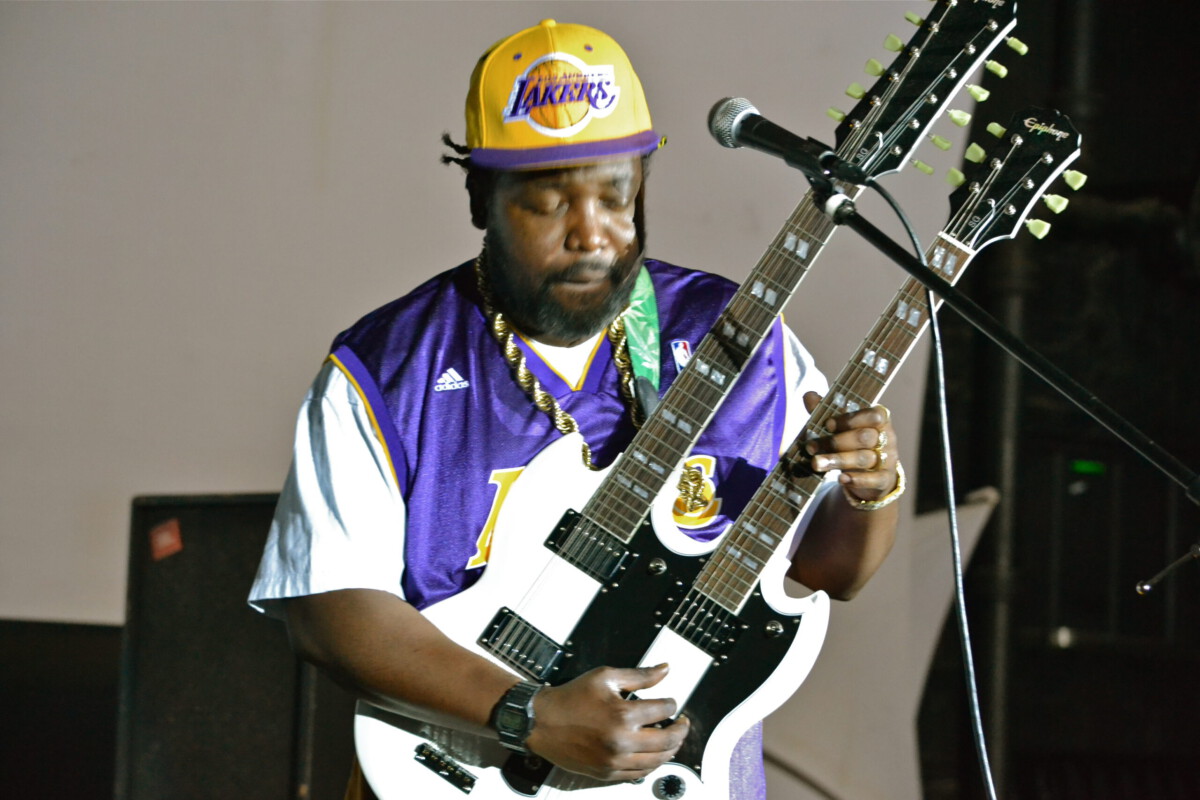“Barbie Girl” by Aqua

When Aqua released “Barbie Girl” in 1997, they never expected it to become a global sensation. The band wrote the song as a tongue-in-cheek parody of consumer culture and the stereotypical plastic lifestyle represented by the iconic doll. It was loaded with playful sarcasm, not intended as a serious pop anthem. Yet, to their surprise, the song shot to number one in over 10 countries and sold more than eight million copies worldwide. While Mattel, the maker of Barbie, even sued Aqua (and lost), this only fueled the song’s fame. Today, “Barbie Girl” remains a staple at parties and on radio playlists, proving that what starts as a joke can sometimes become a cultural phenomenon. The song’s recent resurgence, thanks to the 2023 “Barbie” movie and TikTok trends, shows its staying power.
“Stacy’s Mom” by Fountains of Wayne

“Stacy’s Mom” was written as a playful homage to the awkward teenage crushes that everyone can relate to. Chris Collingwood and Adam Schlesinger, the duo behind Fountains of Wayne, never thought this tongue-in-cheek tune would explode into a mainstream hit. The lyrics and music video were intentionally over-the-top, poking fun at adolescent fantasies. Released in 2003, the song reached number 21 on the Billboard Hot 100 and became Fountains of Wayne’s most recognized track. Its catchy chorus and hilarious premise made it a party anthem and a meme long before memes were even a thing. Today, it’s a karaoke favorite and still racks up millions of streams annually.
“Gangnam Style” by PSY

When South Korean artist PSY dropped “Gangnam Style” in 2012, he was jokingly mocking the extravagant lifestyles in Seoul’s wealthy Gangnam district. The dance, the lyrics, the fashion—none of it was meant to be taken seriously. But the internet had other plans. The song’s surreal humor and signature horse-riding dance move went viral, smashing YouTube records and becoming the first video ever to hit one billion views. The hit topped charts in over 30 countries and turned PSY into a global star overnight. Even years later, “Gangnam Style” is still used as a cultural reference point for viral success.
“Macarena” by Los Del Río

The “Macarena” was actually a flippant, almost accidental song. Los Del Río wrote it as a lighthearted dance track, never expecting it to break international records. The duo admitted in interviews that they had no idea the simple, repetitive dance moves and catchy chorus would take over the world. But in 1996, the “Macarena” became a sensation, spending 14 weeks at number one on the U.S. Billboard Hot 100 and becoming one of the best-selling singles of all time. The song’s success was so unexpected that it inspired countless parodies and remains a wedding and party staple to this day.
“What Does The Fox Say?” by Ylvis

Norwegian comedy duo Ylvis created “What Does The Fox Say?” as a joke for their variety show, intending to make fun of dance music’s often-absurd lyrics. They never expected the song to go viral. But with its silly animal noises and infectious beat, it became a massive hit, racking up over one billion YouTube views and climbing to number six on the U.S. Billboard Hot 100 in 2013. The song’s popularity led to appearances on U.S. late-night shows and even a children’s book. Ylvis themselves admitted they were shocked by the song’s unexpected global reach.
“I’m Too Sexy” by Right Said Fred

When Right Said Fred wrote “I’m Too Sexy” in 1991, they intended it as a tongue-in-cheek jab at the fashion industry. The song’s repetitive lyrics and deadpan delivery were meant to satirize the vanity of models and celebrities. Despite—or perhaps because of—its silliness, the song shot to number one in 32 countries, including the U.S. and U.K. The brothers behind the band say they were just having fun, never imagining they’d create an enduring pop culture reference. The song’s goofy self-confidence has kept it alive, popping up in commercials and movies for decades.
“Detachable Penis” by King Missile

King Missile’s “Detachable Penis” was clearly not meant for mainstream success. Written as a surreal, absurdist tale of a man losing and finding his own penis, the song was intended as dark humor for the alternative rock scene. Yet, in 1992, it became an unexpected radio hit, reaching number 25 on the Billboard Modern Rock Tracks chart. The song’s bizarre lyrics and monotone delivery were embraced by listeners who loved its irreverence. To this day, it’s remembered as one of the weirdest songs to ever get serious airplay.
“Because I Got High” by Afroman

Afroman wrote “Because I Got High” as a comedic song about procrastination and the pitfalls of marijuana use. The track’s lazy storytelling and infectious chorus were meant as parody, not a serious message. But after its 2001 release, it quickly caught on, partly thanks to its inclusion in films like “Jay and Silent Bob Strike Back.” The song reached number one in several countries and was nominated for a Grammy. Afroman himself has said he was stunned by its success, as he originally just wanted to make his friends laugh.
“The Fox (Do You Remember)” by The Chainsmokers

Before The Chainsmokers became hit-making giants, they released “#SELFIE” in 2014 as a satirical commentary on selfie culture. The song’s spoken-word verses and repetitive hook were intentionally exaggerated to poke fun at club-goers obsessed with social media. The track unexpectedly went viral, charting in over a dozen countries and launching the duo’s career. Even though critics initially panned it for its novelty, the song has been streamed over 300 million times on Spotify alone. The Chainsmokers themselves have admitted they were shocked by how far the joke went.
“Never Gonna Give You Up” by Rick Astley

While “Never Gonna Give You Up” was a sincere pop song when released in 1987, its modern fame is absolutely rooted in internet humor. The song’s earnest delivery and catchy melody made it perfect for the “Rickrolling” meme, where people are tricked into watching the music video. Astley has embraced the joke, performing the song at meme-themed events and Twitter even stated it’s one of the most shared videos in internet history. Today, the track has over 1.6 billion views on YouTube and has introduced Astley to a whole new generation who know the song as the internet’s ultimate prank.






